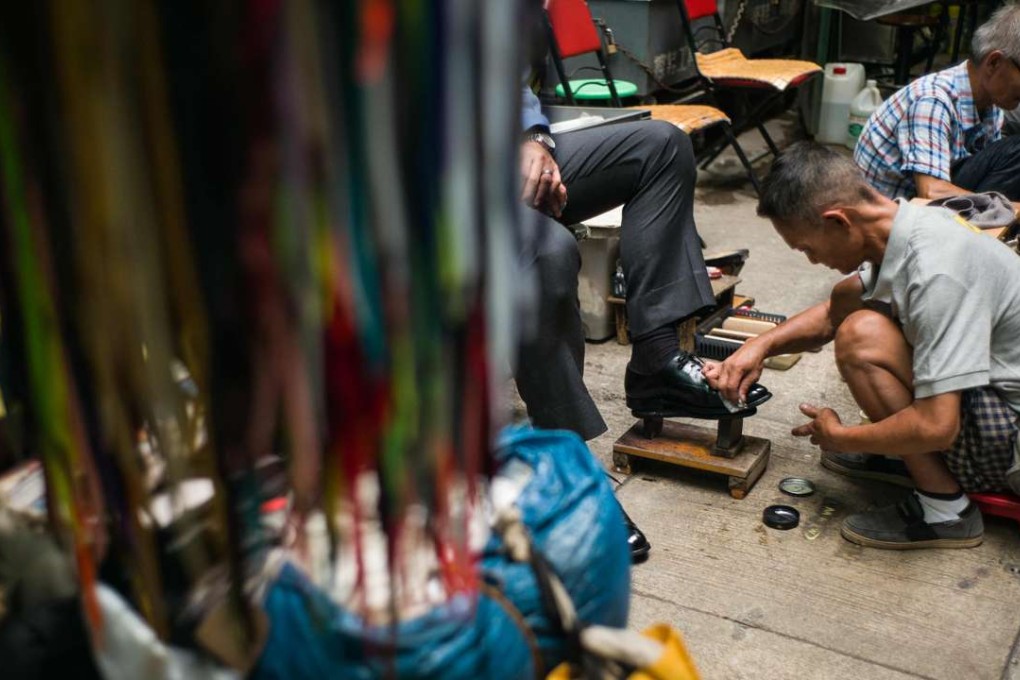Opinion | Time to fix Hong Kong’s wasteful, throwaway society
Peter Kammerer says our modern craze for built-in obsolescence has got to end and, even without the manufacturers on board, we should start promoting a fix-it culture

Advice imparted by an elderly relative when I was a teenager meant little at the time: if you want to have a good life, learn a skill that involves using your hands. I paid no regard, beyond taking a touch-typing course, and got by nicely enough until I came to Hong Kong.
Now, however, the shoddiness of workmanship in the flats I have lived in, the low standards of those called on to carry out repairs and the declining quality of products have made me wish I had given those pearls of wisdom more attention. Worse, there aren’t too many options other than throwing out and replacing.
One woman’s reaction to Hong Kong’s throwaway culture: Buy Me Once website

Hong Kong consumers gripped by smartphone upgrade fever as new plans make it easier to switch
I’m not sure who’s at fault: manufacturers or consumers. Competition is pushing the boundaries of creativity and innovation and the big corporations behind mainstream electrical goods are constantly striving to outdo one another in the name of profits and market share.
Repairing has become a thing of the past; it’s more convenient and less expensive to simply upgrade
The most loyal of customers of brands like Apple will always upgrade whenever a new product is launched. But the demand for better or merely different features and lower prices also drives companies to bring out that which is claimed to be faster, smarter and cooler.
